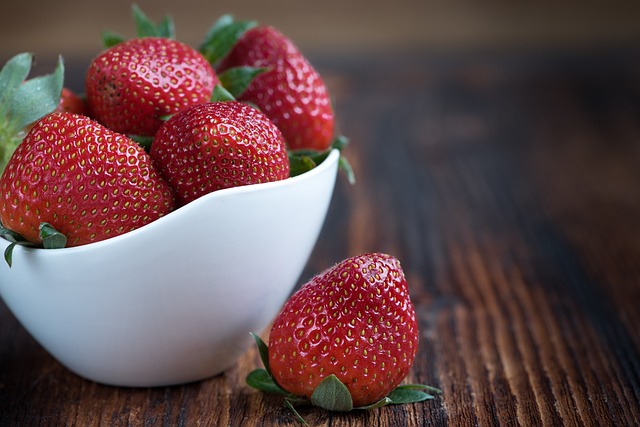Beyond Yogurt: Exploring Unexpected Sources of Probiotics for Gut Rejuvenation
Probiotics have gained immense popularity in the wellness community, primarily due to their ability to promote a healthy gut. While yogurt has long been hailed as the go-to source for these beneficial bacteria, there are actually a plethora of other unexpected sources that can provide a diverse range of probiotics for gut rejuvenation.
1. Fermented Vegetables
Forget about pickles and sauerkraut being mere condiments! These tangy treats pack a powerful probiotic punch. Fermented vegetables, such as kimchi or pickled cucumbers, are created through a natural fermentation process where lactic acid bacteria flourish, converting sugars into lactic acid. This process not only enhances the flavor and preserves the vegetables but also introduces a wide array of beneficial bacteria to your gut.
2. Kombucha
Kombucha is a fermented tea beverage that has gained popularity in recent years. It is made by fermenting sweetened black or green tea with a symbiotic colony of bacteria and yeast, commonly known as a SCOBY. The result is a slightly effervescent drink that is not only delicious but also provides probiotics to support the health of your gut. Kombucha also contains a range of vitamins, minerals, and antioxidants that further promote overall well-being.
3. Miso
Miso is a traditional Japanese seasoning made by fermenting soybeans with a koji culture (a type of fungus), salt, and sometimes other ingredients like rice or barley. As miso ferments, it develops a rich umami flavor and becomes a probiotic powerhouse. It is commonly used to make miso soup or as a seasoning in various dishes, adding a savory kick and gut-loving bacteria to your meals.
4. Kefir
Kefir is a fermented milk drink that originated in the Caucasus Mountains. It is created by fermenting milk with kefir grains, which are composed of a symbiotic mixture of lactic acid bacteria and yeast. The fermentation process results in a tangy, slightly fizzy beverage that is loaded with probiotics, including various strains not typically found in yogurt. Kefir can be enjoyed as a refreshing drink on its own or added to smoothies for an extra gut health boost.
5. Tempeh
Tempeh is a traditional Indonesian food made by fermenting soybeans with a starter culture. During fermentation, the soybeans are bound together into a dense cake-like form. This fermentation process not only enhances the taste but also increases the bioavailability of nutrients and introduces beneficial bacteria into the gut. Tempeh is a versatile ingredient that can be used in a variety of dishes and is a particularly excellent source of vegetarian protein.
6. Apple Cider Vinegar
Apple cider vinegar (ACV) is made from fermented apple cider. It is created by first crushing apples and extracting their liquid, which is then fermented with the help of bacteria and yeast. ACV boasts a wide range of health benefits, including probiotic properties. When choosing apple cider vinegar, opt for the unfiltered and unpasteurized variety, also known as “raw” ACV, as it contains the beneficial bacteria known as “the mother.”
7. Kvass
Kvass is a traditional fermented beverage popular in Eastern Europe. It is typically made from rye bread, but variations using beets, fruits, or vegetables are also common. Similar to kombucha, kvass is created by fermenting the ingredients with the help of bacteria and yeast. This results in a slightly sour and tangy drink that provides not only probiotics but also a range of vitamins and minerals.
Conclusion
While yogurt remains a reliable source of probiotics, there are many other unexpected sources that can diversify your intake of beneficial gut bacteria. From fermented vegetables and kombucha to miso and kefir, incorporating these probiotic-rich foods into your diet can help support a healthy gut and overall well-being. So explore beyond yogurt and experience the wide range of flavors and benefits that these unexpected sources have to offer!







